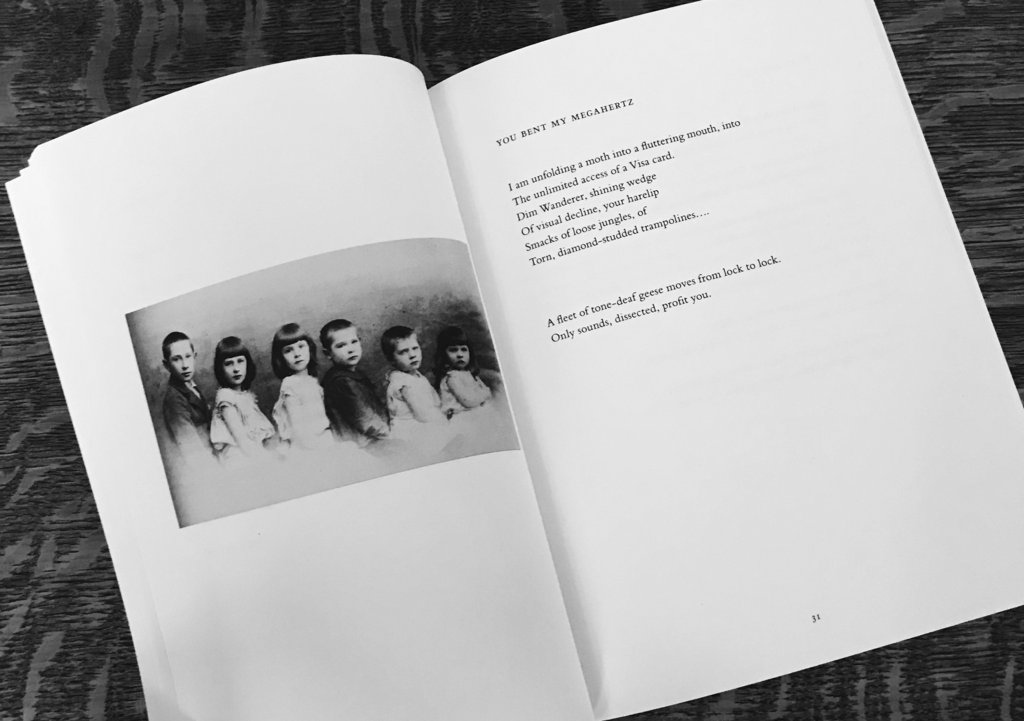Christian Hawkey, Ventrakl, Ugly Duckling Presse, $17 (paper)
Christian Hawkey’s latest and arguably best book, Ventrakl, is a ghost story—not in the flashlight-under-the-face, seated-around-the-campfire sense, but rather in the hauntological, Derridean one. “Books—of the living or the dead—” Hawkey writes, “are the truest ghosts among us, the immaterial made material.” Hawkey takes a multi-generic approach in Ventrakl not merely to translate the Austrian Expressionist poet Georg Trakl but to reanimate Trakl’s life and work, resulting in a collection that is part biography, part explication, part scrapbook, part photo album, part personal essay, and entirely “redoubled by the erotics of collaboration and translation.” Intimacy, grief, political despair, and personal dialogue propel this project. Hawkey incorporates the details of Trakl’s life—his fondness for brothels, his possibly incestuous relationship with his younger sister, his cocaine addiction, his schizophrenia, and his eventual suicide—into his own prose fragments, nocturnes, centos, lists, and conversations. Ghostly traces and apparitions abound, but the most disturbing specter is that of “an experience of pure powerlessness as a citizen, a citizen within a so-called democracy.” Hawkey converses with Trakl after attending one of “the largest world-wide anti-war protests in the history of civilization,” which he knows can “have absolutely no effect,” and Trakl helps him understand: “You stepped into the gaze of the State and thereby gave it a choice: to pretend to incorporate your resistance, or ignore it.” Less hopeless than this exchange might seem, though, is Trakl’s advice, “Discover a resistance you didn’t know existed, that has no perceptible name,” and then “Disappear with it.”






